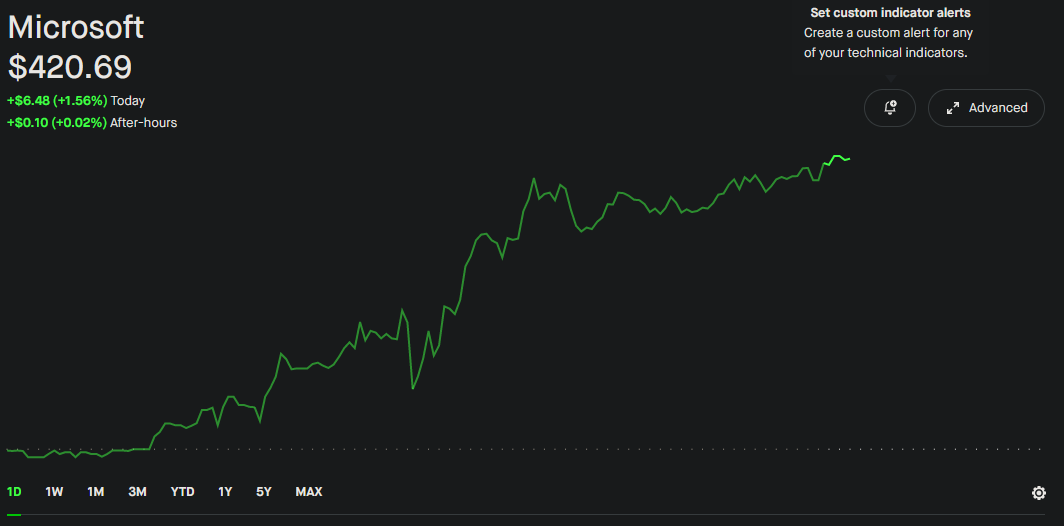I've been using Linux Mint exclusively for a year and a half now, and I've gotten pretty used to the ecosystem, but I don't want to have to wait another year for them to implement HDR support for video playback. I also don't want to go through the effort of fully swapping distros (don't have time to completely reorganize my workflow at the moment, etc.).
Does anyone have a recommendation for a distro that I could run in RAM from a USB stick with an up-to-date version of KDE Plasma or another DE when I want to watch HDR movies?
Or, if I'm overthinking this and there's another obvious, simpler solution, please feel free to let me know that as well.
Edit: I thought about running Alpine Linux in RAM, but I'd have to reinstall Plasma every time I rebooted since I'm pretty sure it doesn't come with a DE by default.
Edit 2: Thanks for all of the helpful comments everyone! For those asking, live USB are usually pretty slow and clunky in my experience when they run from the USB stick, and I wasn't sure if that would interfere with video playback.
I think I'm just going to try a KDE Neon live USB and see if I can get HDR video working that way, without trying to run it from RAM. Thanks again!

Ah, so I should divide all of the numbers in your graphic in half to get to something reasonable then.